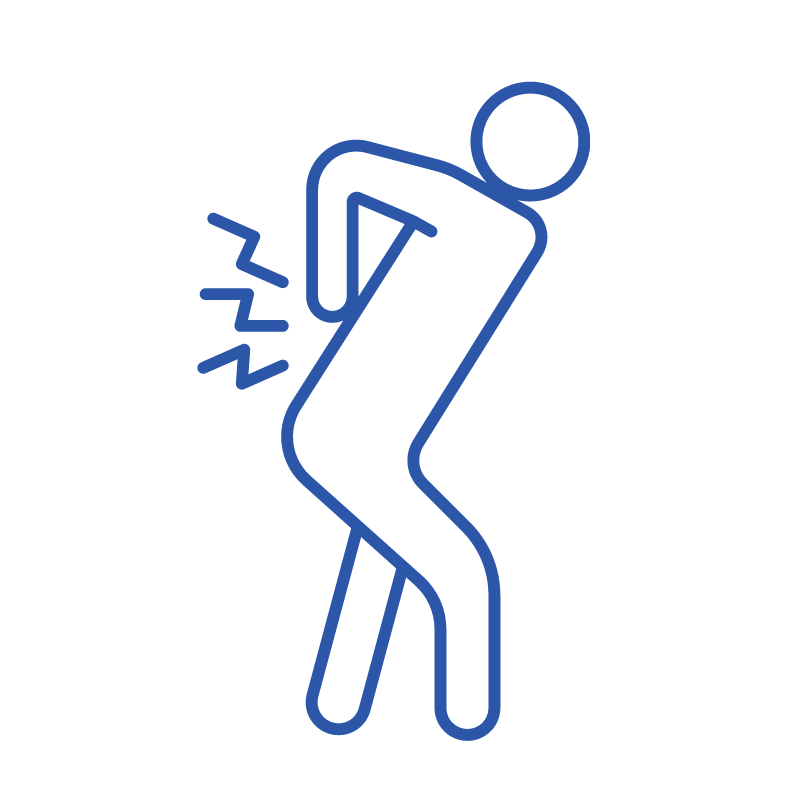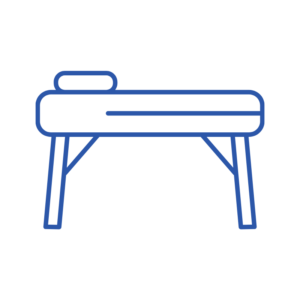Lumbar spondylolisthesis is a painful condition where vertebra within the spine slides forward compared to the bone beneath it.
At Vitalis Physiotherapy, we specialise in lumbar spondylolisthesis treatment to:
Lumbar spondylolisthesis is a painful condition where vertebra within the spine slides forward compared to the bone beneath it.
At Vitalis Physiotherapy, we specialise in lumbar spondylolisthesis treatment to:



Spondylolisthesis is a term referring to spinal instability, where bones within the spinal columns are prone to slide forward over the vertebra below. The condition is often painful and can reduce general mobility and movement. The slippage often compresses nearby nerves.
There are several types of lumbar spondylolisthesis:

The cause of lumbar spondylolisthesis greatly varies depending on age, lifestyle and a family history of the condition. It can present at birth/childhood through to rapid growth in adolescence and general aging in adulthood.
Other factors may affect susceptibility to developing lumbar spondylolisthesis, including:


As there are different levels of vertebrae slippage, you may be referred to get scans (X-ray, MRI and/or CT). A physiotherapist will grade your condition depending on the slippage as either:
At Vitalis Physiotherapy, we tailor a treatment plan to best fit your recovery goals through:
Your physiotherapist may also advise heat or ice application, rest and if necessary, pain medication. Additionally, they might recommend for you to use spinal support (braces) or to improve gait and posture through custom foot orthotics and other supportive footwear options.
If you have lumbar spondylolisthesis and are looking for physical therapy options, or you’re looking for a ‘physiotherapist near me’, our physios at Vitalis Physiotherapy can assess your condition to tailor a unique rehabilitation plan to aid in your pain relief and recovery. They may also refer you to get scans in some severe cases to better understand your needs.
All you need to do is just give us a call on 0410 559 856 and request an initial appointment. Please let our friendly reception staff know the background and severity of your condition.
You can visit our FAQs for more information about appointments at Vitalis Physiotherapy.

Are you in pain caused by lumbar spondylolisthesis? Contact Vitalis Physiotherapy now to book in your treatment.
Call our friendly team on 0410 559 856. We’d love to help.
3/58 Oldfield Road, Sinnamon Park Qld 4073